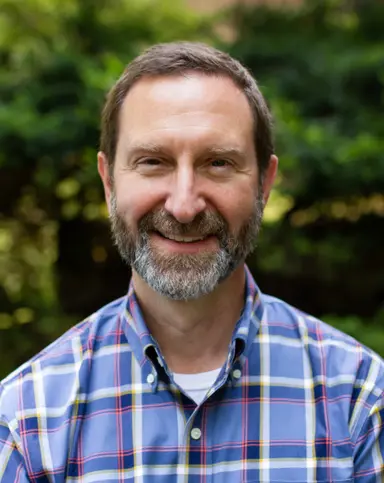This is part 1 of a 4-part series: Part 2 | Part 3 | Part 4
Sometimes a book grabs you by the scruff of your neck and shakes you around a bit. Or strikes a chord of kindred experience that stirs a poignant ache, a longing for something different. Zack Eswine’s fine book on being a pastor, Sensing Jesus: Life and Ministry as a Human Being (Crossway, 2012) is doing just that—and more—to me. This is an important book for anyone in ministry and I plan to riff off of some of his thoughts in a series of posts over the coming weeks.
His basic thesis is that ministry involves living as a human being and helping others to do the same. You may think, “Duh, what’s so earth-shaking about that?” But he persuasively argues how we who are in ministry—if we’re honest—actually think we can live outside the bounds of our humanity, somehow transcending our finitude in our desire to help others. We grasp for omnipresence (we can be everywhere-for-all), omnipotence (we can fix-it-all), and omniscience (we can know-it-all). Listen to what Eswine says,
Forgetting our place as only human, we grasp for [these divine attributes] and try to make them our own as we live and minister with others. Our worldly and church cultures often applaud this and urge us on. You can be like God! This makes us prone, especially in ministry, to try to do what only God is meant to. The paradox is this: only by surrender to our proper human place can we glorify and enjoy God the way we say we want to and the way he requires. (24)
What happens when we forget our human limitations? “Trying to be an exception to the human race encourages arrogance among most of us and burnout among many of us—the two invasive fruits of having to prove we are not flawed, that we do not need rescue from Jesus the way other neighbors do” (22). The fingerprints of superhuman ministry are not hard to spot.
Witness pastors and ministry leaders stepping down as a result of moral failures. Ministers who appear fine on Sunday morning but whose families are neglected, angry, and hurt. Pastors who leave the ministry empty because their passion has leaked out all over the floor in the years of attending to seemingly unending ministry demands, while having little idea how to replenish what has been spent in service. Or perhaps it’s not so dramatic—just a nagging sense of inauthenticity, that what we’re preaching, teaching, and counseling in the company of others is not finding a home in our own hearts. Our confessional theology would never proclaim that we can throw off the fetters of our humanness, but what is our functional theology declaring? By our fruit we shall be known. Trying to be extraordinary is killing us.
Fortunately, Eswine’s honest book is not only helpful diagnostically, but also patiently (and poetically) provides a biblical remedy for what ails us. He reminds us to glory in the ordinary, daily, flesh-and-blood moments of life and ministry. By embracing our humanity in this way we actually learn the freedom of John the Baptist’s confession, “I am not the Christ.”
If you are in ministry, do you feel the need to be superhuman today? If so, you’re tempted to live in a way you weren’t designed to live. Even Jesus was not “superhuman,” as if his divinity overshadowed and trumped his humanity. No, he was fully human and he longs for you to apprentice with him as you love your neighbors—family, friends, congregants—today. His grace equips you to lean against the desires and fears that push and pull within your heart and whisper (sometimes shout) for you to be more than you truly are, a mere man or woman in Christ. Remember these words of encouragement to you from Jesus himself, “Come to me, all you who are weary and burdened, and I will give you rest. Take my yoke upon you and learn from me, for I am gentle and humble in heart and you will find rest for your souls. For my yoke is easy and my burden is light” (Matt 11:28–30). Come, weary one, embrace the limits of your humanity today in the good company of Jesus.
This is part 1 of a 4 -part series: Part 2 | Part 3 | Part 4



